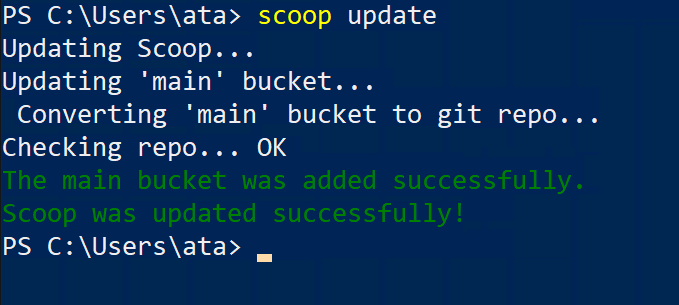Discover the skills you need to program Java on Linux
Q: I have two requests:
- I would appreciate a pointer to a list of Web resources that outline how to integrate Java on the Linux platform.
- What Unix/Linux knowledge should one possess for working as a Java developer on these platforms?
A:
In fact, I just received my copy of IBM’s VisualAge for Java 3.0. Not only did the box contain versions for Windows 95, Windows 98, Windows NT, and OS/2, it even contained a version for Linux. With companies such as IBM and Sun on the bandwagon, you know the situation is looking up.
Now, to answer your specific questions.
1. I would appreciate a pointer to a list of Web resources that outline how to integrate Java on the Linux platform.
You’ll need a few essential tools to get Java set up on Linux.
First, you’ll need a JDK. Luckily, you have a few JDK choices under Linux. Here are some of them:
- Sun Java 2 Platform, Standard Edition (J2SE)
- Sun Java 2 Platform, Enterprise Edition (J2EE)
- IBM Java Developer Kit
- Blackdown
- Kaffe
Which one you pick depends on what you are looking for. Each has its own benefits and weaknesses. You’ll have to choose wisely!
Second, you need a programming environment. This is a very controversial subject, so please forgive me if I leave any out. If you want to work at the most rudimentary level, all you need is a text editor. If you’re happy with vi, Emacs, or XEmacs, more power to you!
If you need a little more from your environment, you might want to consider one of the free commercial IDEs. Instead of providing you with my own pathetic list of IDEs, let me point you to JavaWorld’s excellent list (provided in the Resources section below).
Personally, I just love VisualAge; however JBuilder is an excellent choice as well. Again, these decisions are best left to personal preference. Look at the list, read the descriptions, and try one (or more). Many are free, but others will cost you.
Finally, depending on what kind of work you’re planning to do, you might need application servers, Web servers, databases, or middleware layers. Take a look in Resources for links.
2. What Unix/Linux knowledge should one possess for working as a Java developer on these platforms?
As far as knowledge goes, you’ll need a bit more to get Java working on Linux than you would on Windows. Some of the earlier Linux JDKs were harder to install than their Windows counterparts. However, the situation is improving. Many providers are even supplying their JDKs in Red Hat’s RPM format.
At a minimum, you’ll need to know how to get around on Linux. You’ll need to know how to install software, edit configuration files, and determine what libraries you have installed on your system. In other words, you’re going to need to have some basic administrative skills.
The skill level that you’ll require will really depend on what you’re trying to do. Installing a JDK takes a different skill level than setting up a Java Enterprise environment where you’ll be serving thousands of users. However, one of Linux’s strengths is its ability to be adapted. If you’re just starting out, you can begin simply, then move onto more complicated uses as you learn more about and customize your system.



